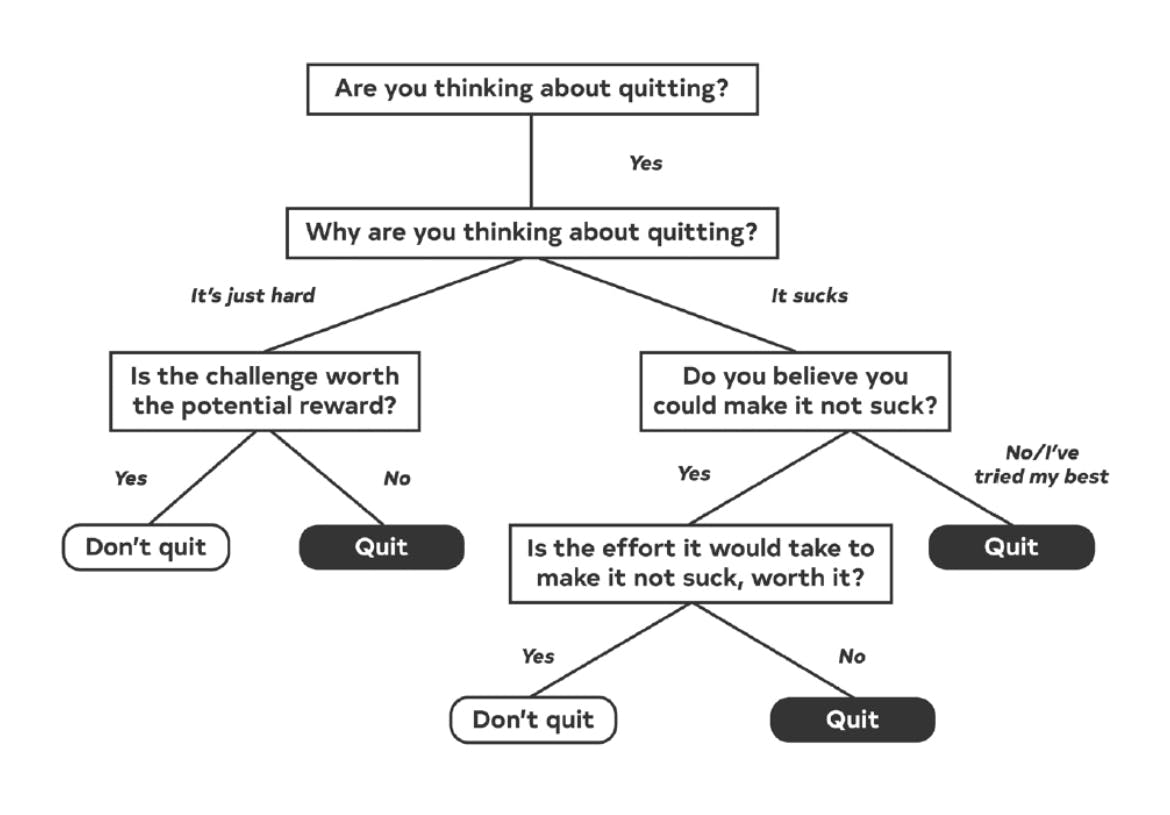Teacher to Backend Software Engineer - How I change career in my late twenties.

Photo by Dan DeAlmeida on Unsplash
I would like to think that my past decisions have paved the way for me to get where I am now. Hopefully, by sharing my experience, I will be able to convince others that it is never too late to pursue your dreams. This applies regardless of your age or background.
The path to where I am now was not traditional, nor was it a result of learning to code since I was 6 years old.
This is where it all begins

In 2013, I graduated from Hull University with a BSc in Psychology. I wanted to become a Clinical Psychologist but needed work experience first. Within a few months of graduating, I secured a position as a trainee special education teacher. Eventually, though, I realized that wasn't the most appropriate path for me. Hence, I quit.
In those days, companies were reluctant to hire anyone who had worked within the education system. This was due to concerns that the candidate would not be able to adjust to the changed setting. Although I had this limitation, I managed to get a job as a Website Assistant for a company called Loved Shopping Ltd; it was at this company that the desire for me to become an engineer began to grow.
The learning opportunity that comes from working with peers is the one thing I've missed the most since becoming a remote worker. Listening in on what other people are working on, the issues they are facing, and how they plan to solve them. This was what I used to do at Love Shopping Ltd which consequently sparked my interest in software development. The lead engineer was talking with an executive about statistical significance one day. It turns out they were doing an A/B test on the homepage and they were looking at the current result.

This sparked my interest in digital marketing and so I took a course in Digital Marketing and started looking for a new job within this field. That's when I managed to land a job position as a Digital Content Assistant at The Camping and Caravanning Club. From here I started to work alongside the engineering team, learning about front-end development. There was a situation at work where unfortunately they were not planning to replace the engineering team, instead they were looking to outsource the majority of the work leaving only one front-end engineer left to guide and support the newly formed external team.
This also gave me the opportunity to gain some valuable experience through collaborating closely with the engineering team, learning about front-end development and the different processes. I worked closely with the team for three months before I had to move back to my old team. I continued to work for the CRO team for another 3 months, then I quit my job. The experience that I gained during my short skint with the development team made me question my future. Did I want to continue working as a CRO or have I changed my mind again and wanted something different? I bet you can guess what happen next. In August 2017 I handed in my noticed and enrolled back to University to study a MSc in Computer Science.
Fast forward to today, I now work as a Software Engineer I at a company called Optimizely for nearly 4 years. I first started out as an Integration Engineer, responsible for onboarding and troubleshooting clients onto Optimizely's Personalization platform. I now work in the Backend team, building data intensive applications for the platform.
You may notice one common theme throughout my journey. Once I realise that something wasn't right for me I quit. I didn't lingered on to see "how things turned out"; I just left. For some people, I may come across as reckless and irresponsible and I've been told by many people that they would prefer to hire someone who has been in a position for more than 3 years. However, times are changing and you need to do what is right for you and nobody else. Steve Bartlett has an excellent diagram in his book "Happy Sexy Millionaire", that demonstrates a thought-process one could take in their decision of quitting their job:

What's next?
To be honest, I don't know. I have stopped making long term goals as they never turn out right. Instead I have decided to try and live in the moment and focus on smaller goals like reading 10 pages per day or focus on my personal projects for 30 mins, 3 times a week. One thing I have learnt over the years is that life is a marathon, not a sprint so you might as well enjoy it.
